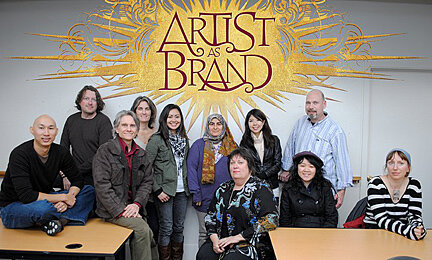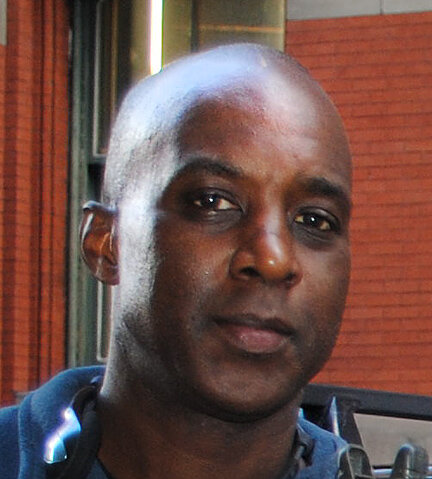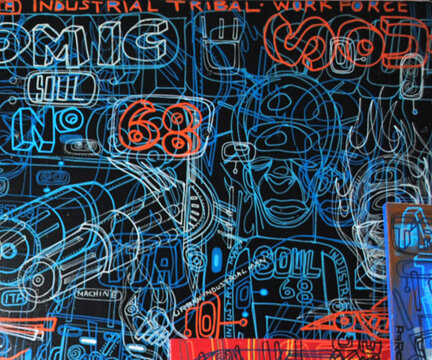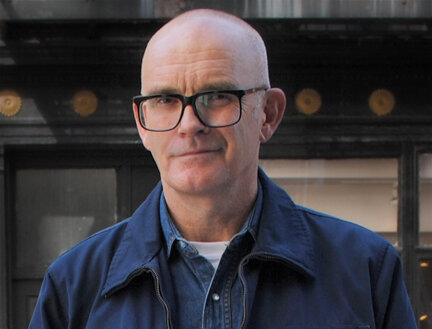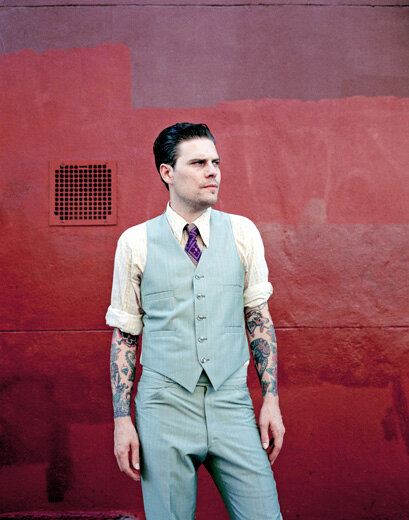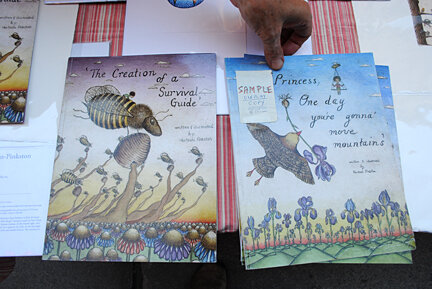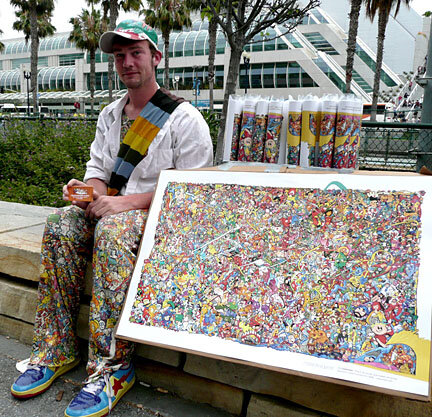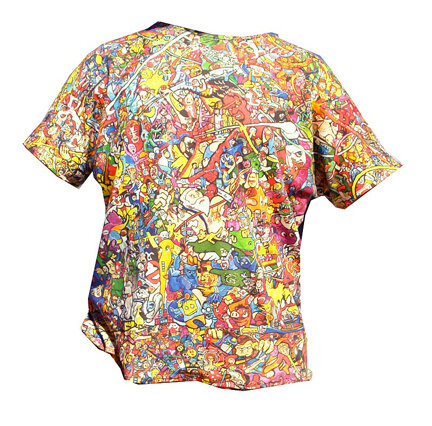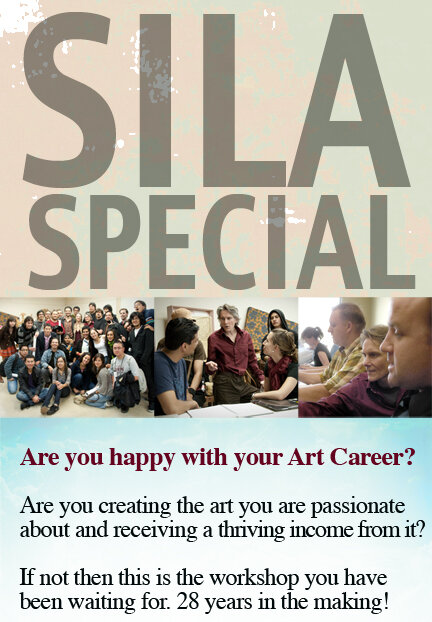G: Your skills as an educator are appreciated in scholarly (colleges) and professional (publishing, film, entertainment industries) arenas. What do you enjoy most about teaching, and what has teaching taught you?R: As I tell my students in every endeavor – whether I’m teaching martial arts, film, or literature – is that it’s not about winning or losing, right or wrong, it’s about learn or not learn. Since my goal is always to make whatever I work on as good as it can be, I’ve always loved finding someone with enough knowledge, experience, and honesty to teach me more, so I can make my work better. So, as a staunch believer in the golden rule, I try to pass that on. As my first novel editor told me way back when, “The difference between you and me, kid, is that I know the names of the problems.” He was great and kind enough to tell me -- and I was smart enough to listen, not blindly or foolishly defend my “work”!G: We have had some interesting conversations about living from your heart. What does this mean for you?R: Well, mostly that I don’t do it enough! Just as “kung fu” means “hard work” (not “martial arts,” as many seem to think), “tai chi” means “balance,” which I strive for in my life, and therefore in my work. But the heart is a powerful thing, and, given my “difficult” childhood, I have to be cautious not to let my heart overwhelm my mind with emotional hysteria. I’m more partial to “living from your soul” – that is, understanding that money is something we created to distract ourselves from a more fulfilling life’s work, which is the inner journey, learning, improving, creating, helping, sharing, etc.G: I love “living from your soul”! That is beautiful. Self-motivation is key to independence.
What has been your experience of this?R: At a recent pop culture convention, I had occasion to co-chair a panel about “Breaking the Ice with the Opposite Sex.” In other words, nerds getting the courage to talk to geeks, or vice versa. I suggested a mantra along the lines of “Remember, I’m gonna die someday.” Those who manage to get over that paralyzing thought will hopefully then face their fear of success or failure (about anything from talking to a guy/gal to starting to write/paint or whatever) with a jaunty “Hey, why not?” Since the age of twelve, I’ve trained myself in what I’m calling “mental martial arts,” where the moment I start fighting myself, I become my own referee and trainer.G: Living a freelance existence takes courage and tenacity. What are your thoughts on surviving and thriving as an independent artist?R: As I tell my students, “Do what you have to do to finance your dreams.” But to a writer, everything is research, so if I have to waiter, barista, greet at a Walmart, whatever, to keep food in my mouth, clothes on my body, and a roof over my head, that’s what I’ll do.G: How would you describe artist sustainability?R: I wouldn’t, really. I keep shifting from genre to genre and medium to medium as they change or interest me.G: Shifting genres and mediums is a valid form of artist sustainability, but how do you handle fluctuating economic factors in the professional corporate world?R: Personally, I diversify. Many of my literary friends who concentrated on one genre are no longer writing for a living. I’ve done science-fiction, mystery, horror, thrillers, non-fiction books, magazine editing, article writing, radio, TV, video, internet, consulting, performing, etc…. not because I had to, but because I wanted to. My goal is to communicate, and it doesn’t matter to me what the medium is.

